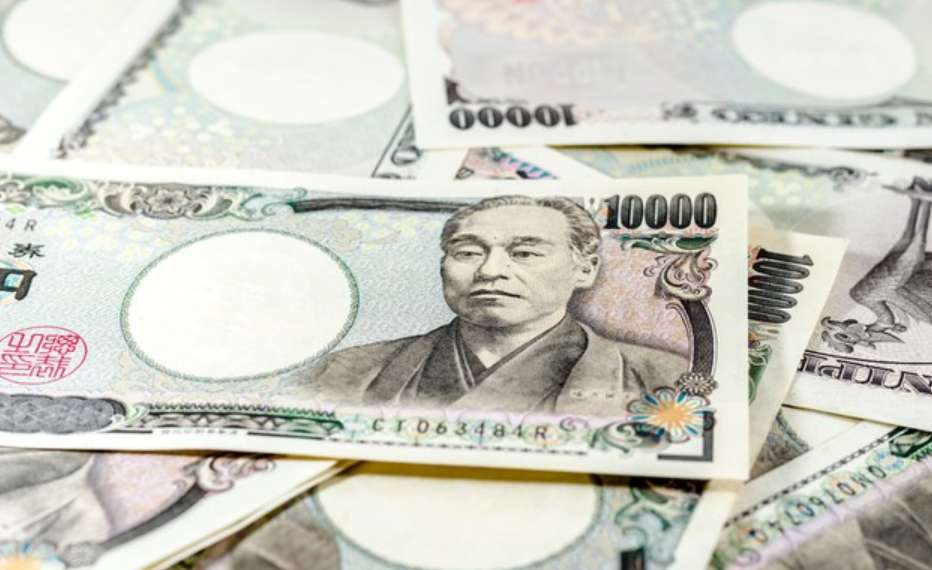Resistance Grows to Japan's Rate Hikes
Advertisements
In recent months, Japan's core inflation data has witnessed a continuous rise, causing some concern among economists and policymakers. The persistent pressures of insufficient economic growth potential and increasing external uncertainties have clouded the landscape, complicating the decision-making process for the Bank of Japan (BoJ). This prevailing atmosphere of caution has resulted in the central bank sending signals that they are in no rush to raise interest rates, even in the face of rising inflation metrics.
On October 18, the Japanese Ministry of Internal Affairs and Communications released significant data revealing that Japan's core Consumer Price Index (CPI), which excludes fresh food items, had risen by 2.4% year-on-year to 108.2 in September. This marks the 37th consecutive month of year-on-year increases in this specific indicator. However, despite this consistent rise, the BoJ has not changed its stance on monetary policy significantly. Just two days before the data was released, Bank of Japan policy member Seiji Adachi indicated on October 16 that any increase in rates should be approached "very cautiously," arguing that there is currently no necessity for rapid rate hikes to combat inflation and emphasizing the need to avoid hasty increases.

Analysis suggests that while Japan’s economy saw a rebound from negative growth to positive in the second quarter, the recovery remains tenuous and lacks robust momentum. Challenges associated with sustained inflation have made domestic demand remain subdued. Over the past three years, Japan has strived to foster a "virtuous cycle of price and wage increases," yet wage growth has not kept pace with inflation, leading to a prolonged slump in personal consumption. Data from early October revealed that Japan's real wage income had declined by 0.6% year-on-year in August, with total household spending also decreasing by 1.9% in the same month.
The situation has been further complicated by recent scandals involving major corporations like Toyota, alongside a decline in Japanese manufacturing competitiveness, which has weakened global demand for Japanese products. From the perspective of industrial economics, manufacturing is a crucial pillar of Japan’s economy; a decline in its competitiveness can have profound implications for the broader economic framework. On October 17, the Ministry of Finance reported a trade deficit of 294.3 billion yen in September, marking the third consecutive month of trade imbalances due to reduced exports and increased imports. A closer look at the data revealed that exports of vehicles, mineral fuels, and construction machinery fell by 9.2%, 49.8%, and 33.3% respectively compared to the previous year.
In this context, if interest rates were to rise consistently, it could trigger a cascade of adverse effects. Higher rates would elevate financing costs for businesses and borrowing costs for consumers, potentially dampening both corporate investment enthusiasm and consumer spending willingness. Although increasing interest rates might lend some support to the yen's exchange rate, an excessive appreciation of the yen could negatively impact export performance. According to international trade theory, a stronger yen makes Japanese exports more expensive in global markets, thus diminishing their price competitiveness and further undermining export activity. Consequently, the Bank of Japan faces the formidable task of delicately balancing the need for exchange rate stability against the imperative of controlling inflation.
Moreover, the financial burden of government debt is significant and warrants attention. As of June 30 of this year, Japan's total government debt—including national bonds, loans, and short-term securities—reached a staggering 1,311.421 trillion yen, marking the first time it has surpassed the 1,300 trillion yen threshold. This colossal debt load places immense pressure on the government concerning adjustments to monetary policy. An increase in interest rates would further escalate the government's interest expenditures, inevitably siphoning resources away from critical areas such as education, healthcare, and infrastructure development. This trend could adversely affect the government's ability to provide essential public services and may have detrimental repercussions on long-term economic growth.
Japan's economic landscape is also fraught with deeper structural issues. The prevalent practice of lifelong employment and seniority-based wage systems in Japanese firms has led to dwindling capacity for human capital innovation—a challenge particularly palpable within the manufacturing sector. Additionally, while the government has introduced support measures for corporate financing to stave off bankruptcies, this has engendered a predicament where "zombie companies" linger in the market, inhibiting dynamism. Furthermore, with Japan now firmly cemented in a super-aged society, the impact of an aging population on private sector demand continues to grow.
It is also crucial to acknowledge the external factors influencing decisions at the Bank of Japan. The escalating risks of an economic recession in the United States, combined with the Federal Reserve's indecisive stance on monetary policy, have introduced a degree of uncertainty that complicates global economic forecasts. With the impending U.S. elections further clouding the economic outlook, the BoJ's cautious mindset as the October monetary policy meeting approaches is entirely rational. The complexities faced by Japan's economy necessitate careful navigation of both domestic challenges and external pressures as the government and central bank seek to foster a stable and sustainable economic environment for the future.
